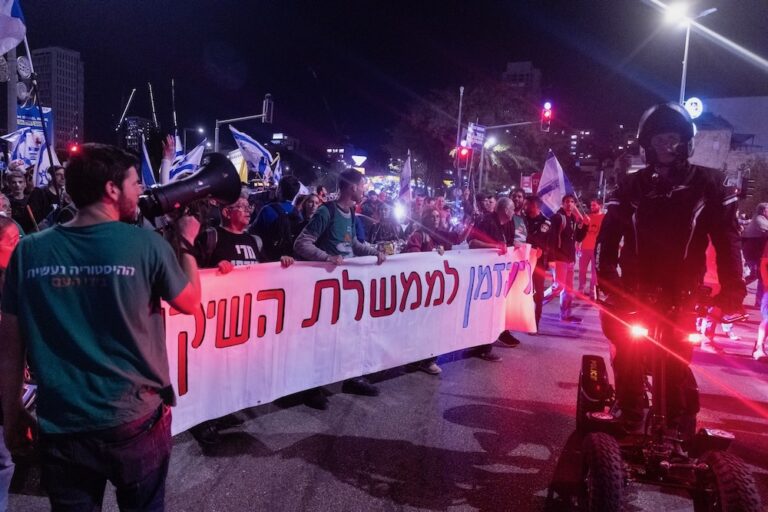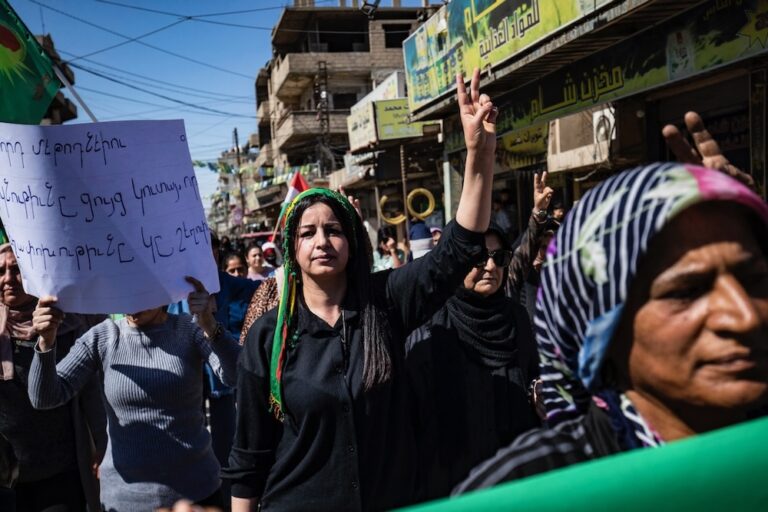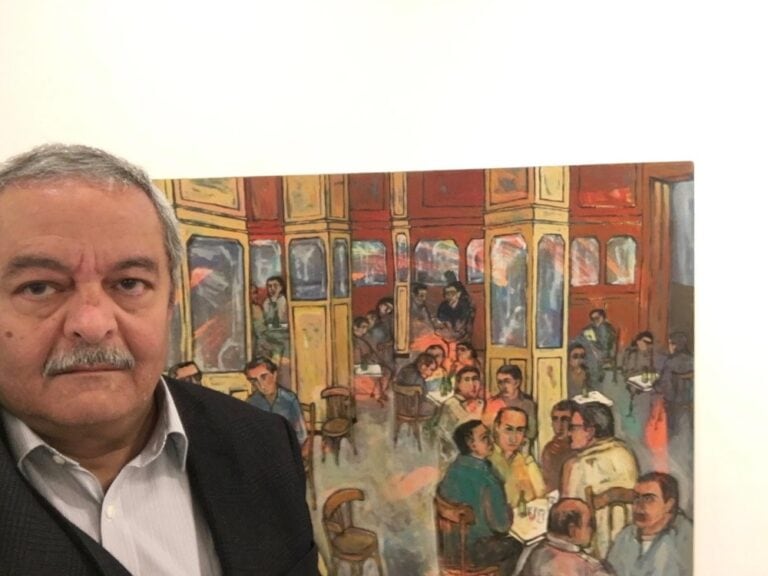After analysing a sample of World Bank-financed Covid-19 Response initiatives, PI argues that certain aspects of social protection projects can inadvertently lead to excessive surveillance and interfere with people's dignity and right to privacy.
This statement was originally published on privacyinternational.org on 22 August 2022.
Privacy International (“PI”) researched a number of social safety-net projects financed by the World Bank during the COVID-19 pandemic. To inform the World Bank’s future implementation of these kinds of projects, this article reflects on how certain aspects of social protection projects can inadvertently lead to excessive surveillance of marginalised communities, impact equal access to urgent social protection disbursements, and interfere with people’s dignity and right to privacy.
KEY FINDINGS
- Covid-19 highlighted an urgent, global need to strengthen social protection systems – precisely so that the poorest and most vulnerable members of our communities are protected in times of crisis.
- Based on our research and analysis of information that is made public by the World Bank, it is not clear whether or not the World Bank systematically accounts for the risks associated with data-intensive and tech-reliant social safety-net programmes.
- If the aim of social protection projects is to increase coverage and lay the foundation for robust emergency protection systems, especially for the most vulnerable members of our communities, it is important for these projects to be designed and implemented in a way that accounts for, and is informed by, the potential risks and harms associated with integrating tech-based solutions. For example, the risk of data being leaked, or used for political profiling, persecution or discrimination, and the erosion of the rights to privacy and equality.
- The World Bank can get it right. It’s a choice. Social protection should not have to come at the cost of people’s fundamental freedoms and rights to dignity and equality. We can build agile and resilient social protection systems, without accepting disproportionate interferences with people’s fundamental rights as an opportunity cost.
Introduction
In response to the unprecedented social, economic, and public health threats posed by the Covid-19 pandemic, the World Bank financed at least 232 “Covid-19 Response” projects. The projects were implemented across countries the World Bank classifies as middle and low-income.
This article will focus on eight (8) Covid-19 Response projects which sought to deliver social assistance to individuals and families on a “non-contributory” basis (this means that the intended beneficiaries were people who had not previously “paid-in” to social insurance programmes). This will usually include people who work within informal economies, people who are unemployed, and people who, for one reason or another, do not have a registered identity in the state they live in.
Our aim is to analyse how these social assistance projects – designed and financed by the World Bank – may fail to improve access for some of the most vulnerable members of our communities, and potentially carry with them hidden costs impacting equality and human rights.
We selected a small sample of projects in order to conduct in-depth research for this report. We did this to ensure that we were able to dedicate sufficient resources to each project, while at the same time capturing a snapshot of the common features across these projects. Accordingly, the projects covered in this piece are a small sample which are not representative of all welfare projects funded by the international development sector.
Nevertheless, the conclusions we were able to draw from our analysis of these eight (8) projects remain relevant to development financing in general, and emergency social safety-net projects in particular. It is worth noting that the conclusions and observations mirror findings that PI, along with our global partners have been documenting in relation to the digitisation of access to social protection programmes around the world, not only in relation to Covid-19 but also prior to the pandemic and in non-crisis settings.
As part of this research into World Bank “Covid-19 Response” projects, we looked at projects implemented in:
- Nigeria
- Haiti
- Mozambique, (see also: World Bank blogpost detailing digital payments and beneficiary targeting in this context)
- Sierra Leone (see also: World Bank blogpost detailing emergency support for social protection in this context)
- Angola, (see also World Bank blogpost detailing the cash-transfer programme in this context).
- Morocco
- Jordan
- Lebanon
To share more information about the projects we looked at, we have hyperlinked the relevant project documents we accessed in the list above. In general, information about the World Bank’s projects can be found here. Our research relied predominantly on project documentation that is publicly available, including the core project documents that the World Bank makes publicly available. We also relied on reports by independent researchers in the social protection space and information shared by partner organisations. Anyone interested in learning more about the Bank’s social protection projects can search projects by “theme”, or using keywords such as “COVID-19”. It’s important to note that the project information documents we reviewed included the Bank’s environmental and social reviews. While they do reference human rights risks generally, we did not find specific references to data protection and privacy.
The World Bank & social protection: a primer
The World Bank provides governments with financial products (for example, standard loans and zero-interest loans) as well as grants to fund a wide range of development projects. This includes everything from physical infrastructure projects to “social infrastructure” projects. The World Bank’s stated aim is to help countries achieve “sustainable and inclusive” development and “improve life for the poorest and most vulnerable.”
Researchers, policymakers, and inter-governmental organisations have all acknowledged that Covid-19 highlighted an urgent, global need to strengthen social protection systems – precisely so that the poorest and most vulnerable members of our communities are protected in times of crisis (see for example, Oxfam FP2P blog and IPCIG Report). It was quickly recognised that the Covid-19 pandemic was having a wider impact beyond a health crisis. As the United Nations noted “it was affecting societies and economies at their core, and a global socio-economic response was urgent to tackle the emerging escalation of inequality and poverty.”
Within this context, the World Bank Covid-19 Response projects that we analysed had dual aims: firstly, to respond to immediate social, economic, and healthcare needs, and secondly, to strengthen social protection systems for the future. Importantly, following a general trend observed in the last few years, a common feature of these projects was increasing integration of technological and data-intensive solutions, ostensibly, to achieve efficiency gains through automation, data centralisation, and data sharing across government agencies.
As an organisation which advocates for the right to dignity for all, and seeks to ensure governments are complying with their obligations to progressively ensure access to social protection, we agree with the World Bank that it is extremely important for countries to:
“have the capacity to integrate, administer, and evaluate social protection programs [and] invest in knowledge, data, and analysis”; and “that it is important to increase “the responsiveness of social protection programs to adapt to and meet changed needs on the ground after shocks have materialized.”
We also know that there is an urgent need to increase coverage, adequacy, and comprehensiveness of social protection systems around the world.
[ … ]



